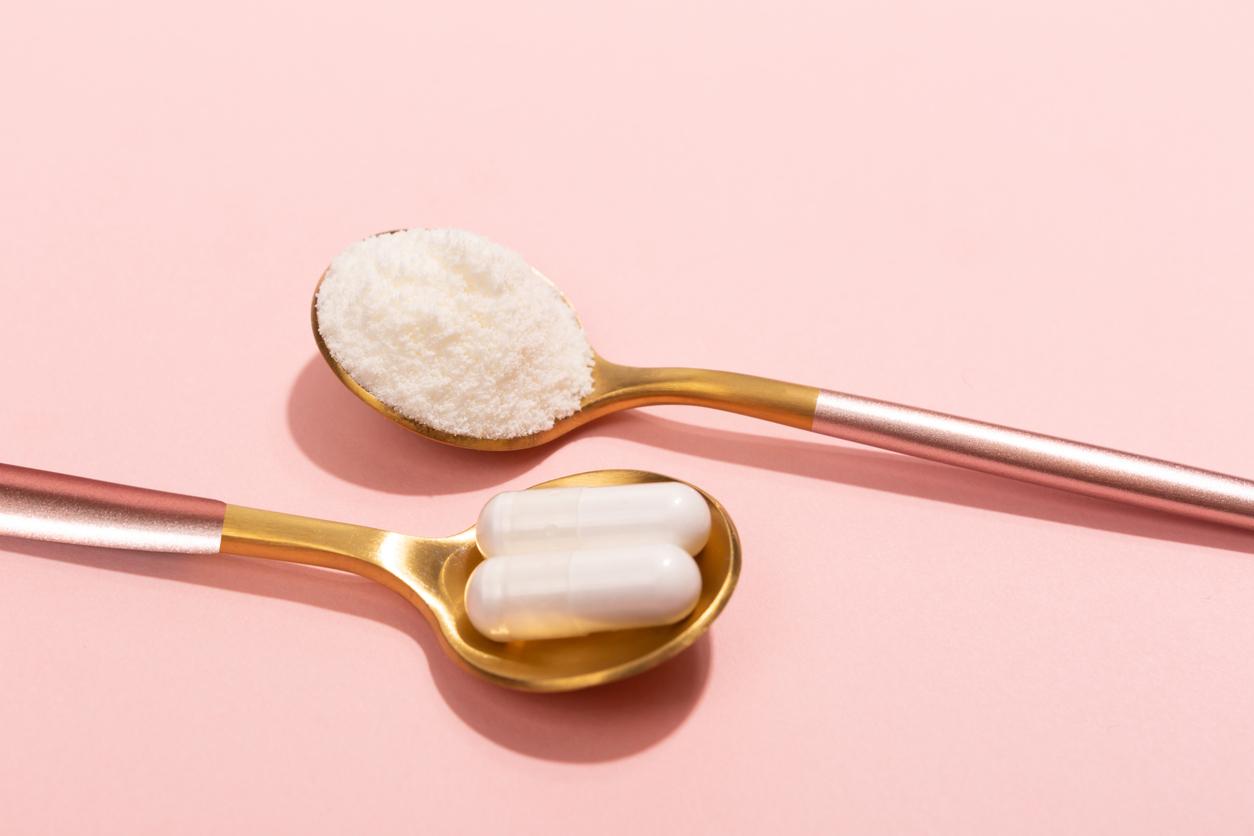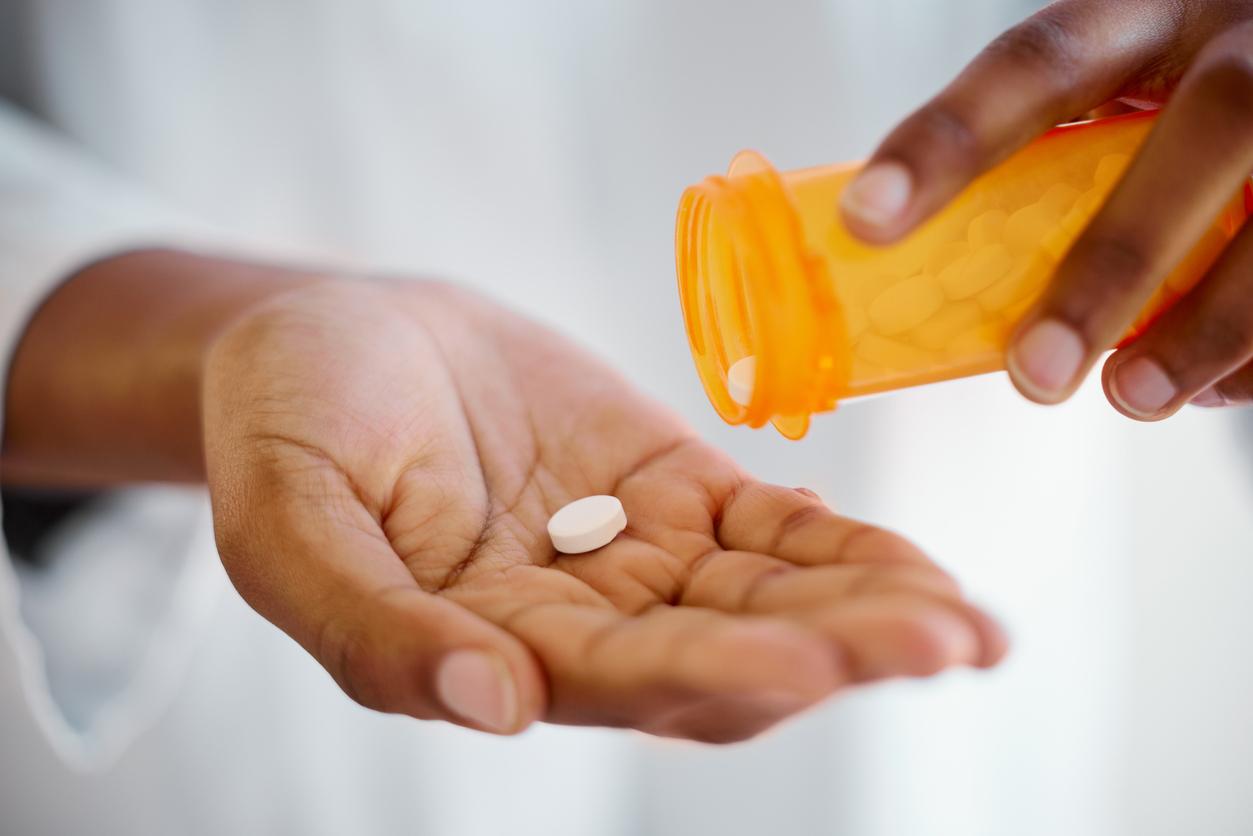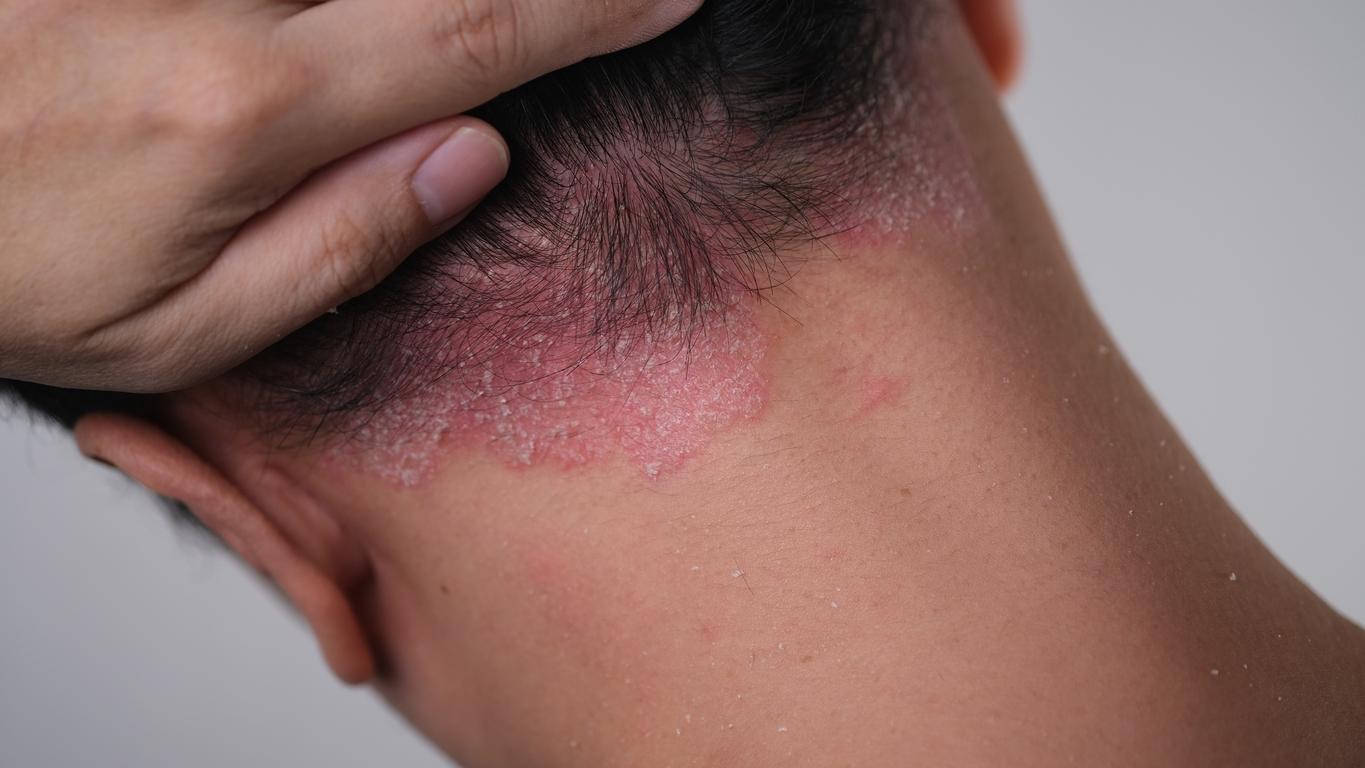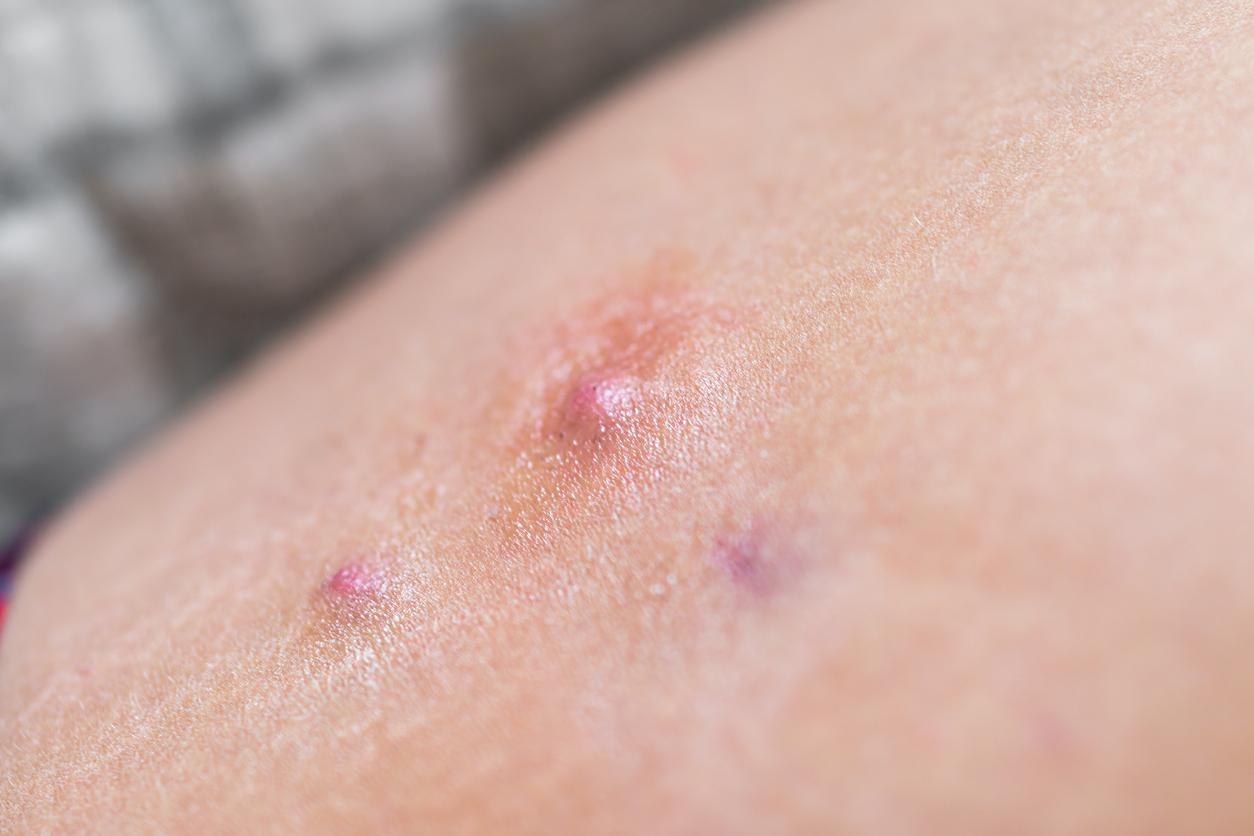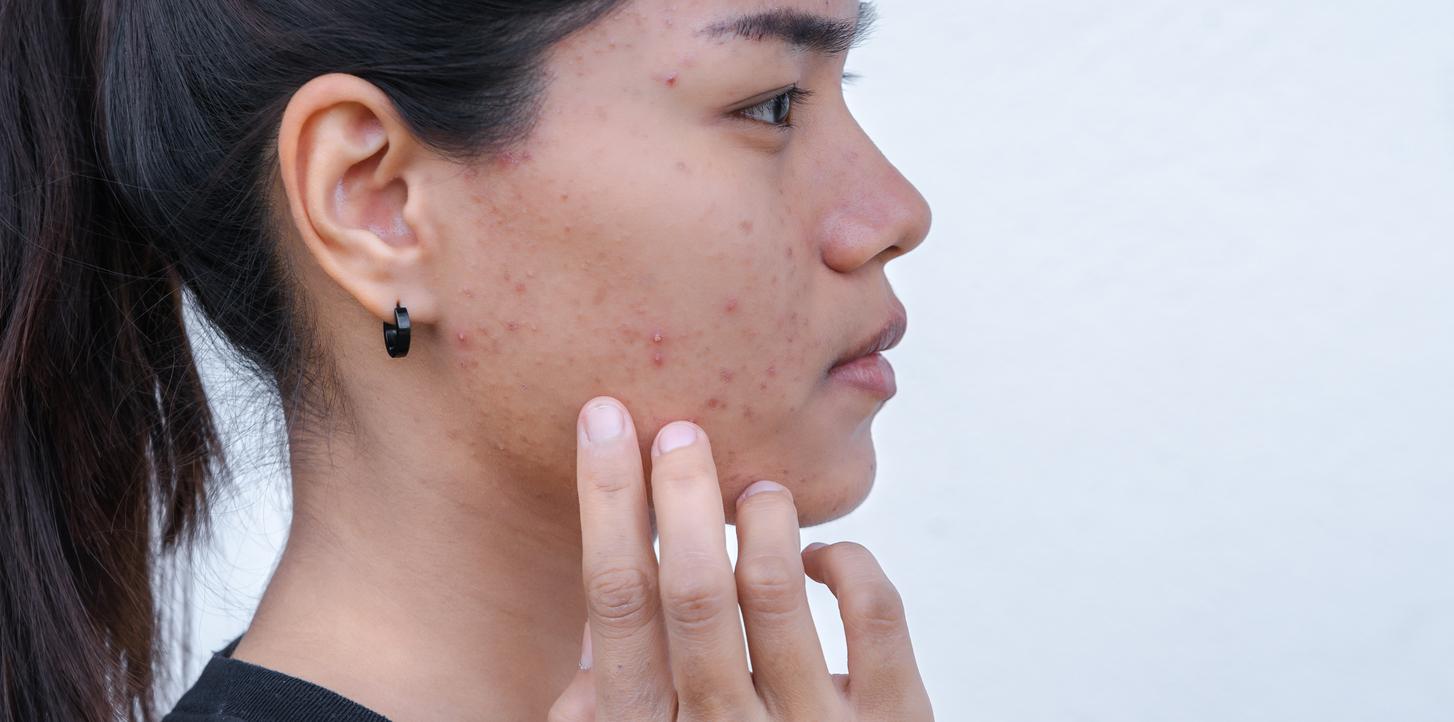Foods, food supplements, skin creams: this miracle protein is now essential for those who seek to preserve their youth and vitality. Decryption, with the expertise of the Cleveland Clinic.
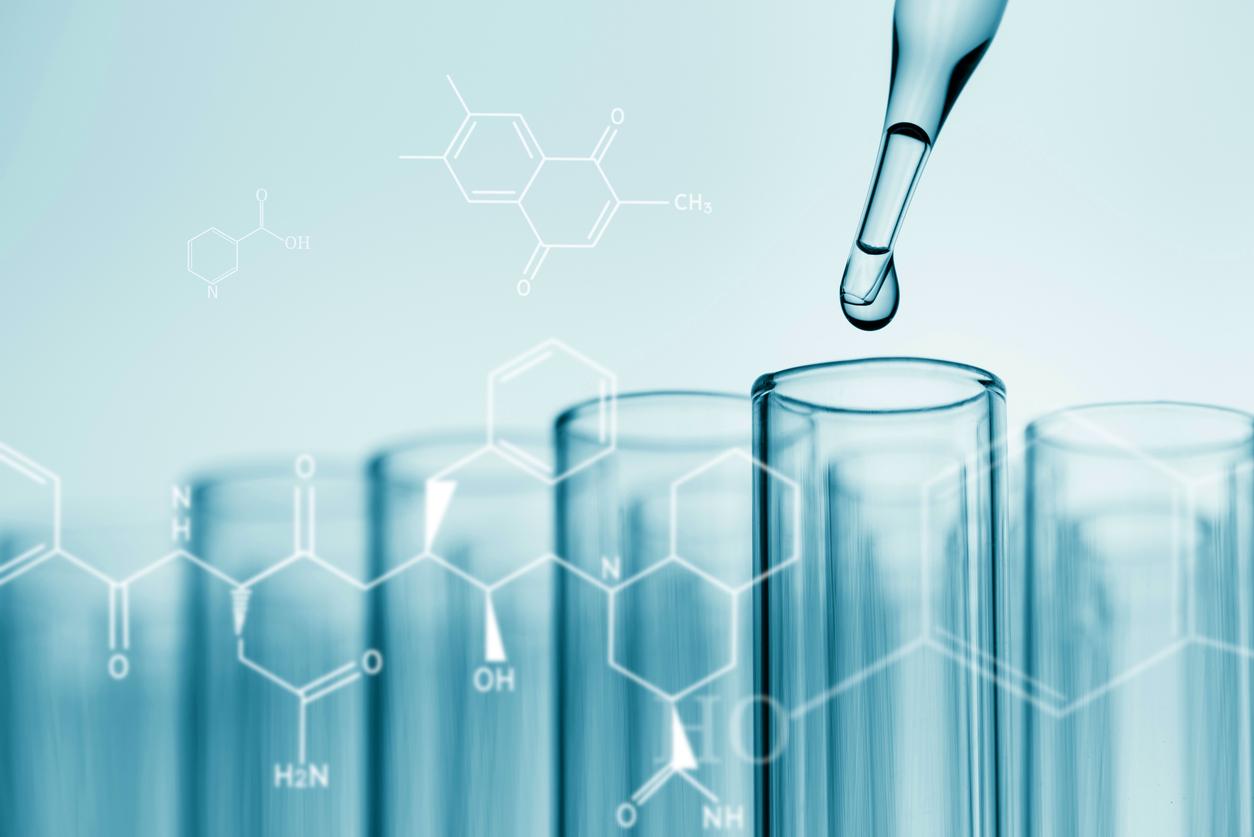
- Collagen is an “essential” protein that supports the structure of the skin, bones, joints and tissues.
- A drop in collagen with age can cause wrinkles, joint pain and a decrease in skin flexibility.
- To stimulate collagen production, protein -rich foods, vitamin C, zinc and copper should be consumed.
Collagen is an essential protein, omnipresent in our body. It constitutes the cement of muscles, bones, tendons, skin and even internal organs. According to specialists in Cleveland Clinicit is simply the most abundant protein of our organism.
However, over time, our collagen reserves decrease. From the age of 25, production begins to slow down, and the first signs are felt: RIdes and loss of skin elasticity, Rless flexible joint and tendons, rarrangement of muscle mass and tDigestive rubles linked to the slimming of the intestinal wall.
But this degradation is not inevitable, it is possible to naturally stimulate the production of collagen. And if necessary, well -chosen food supplements can also come to the rescue.
How to stimulate collagen production?
To maximize its collagen levels, it all starts on the plate.
“” Apart from aging, poor diet is the main cause of collagen deficiency “Explains DRE Elizabeth Bradley, medical director of the Cleveland Clinic functional medicine center.
Here are some practical tips to integrate foods rich in essential nutrients.
The bone broth: a real elixir
For lovers of natural solutions, the bone broth is a real nugget. This preparation, obtained by simmering chicken, beef or fish bones for long hours, releases the collagen contained in the connective tissues.
How to consume it? You can drink it as is or use as a basis for soups and stews.
Important precaution: favor bones of organic animals to avoid pesticides and contaminants.
Proteins, vitamins and minerals: collagen pillars
Collagen production depends on many nutrients:
Protein : meats (beef and lamb), chicken, fish, eggs, beans and dairy products.
Vitamin C : citrus (grapefruit and oranges), red and green peppers, tomatoes, broccoli, curly cabbage and Brussels cabbage.
Zinc and copper : meats, seafood (oysters and shrimps), nuts, seeds and whole grains.
Should we opt for supplements?
If a balanced diet is ideal, it is sometimes difficult to bring to the body everything it needs, especially with age. Food supplements, and in particular hydrolyzed collagen peptides, can then be an interesting solution.
A scientific journal cited by the Cleveland Clinic suggests that oral collagen supplements could improve the elasticity of the skin and accelerate the healing of wounds.
These complements are often in the form of neutral -taste powder, easy to mix in drinks or soups. Consult a doctor before taking supplements.
What about collagen creams?
Creams containing collagen promise mountains and wonders, but their efficiency remains limited. These products mainly form a Protective barrier On the skin, reducing water loss and protecting against external aggressions.
However, according to Dr. Bradley, these creams do not replace a balanced diet and good sun protection.
Collagen is undoubtedly an asset for our body. But before investing in products or supplements, it is essential to think about your real needs. A healthy diet, rich in nutrients, remains the best option to maintain optimal collagen levels.
As the Cleveland Clinic reminds us: “” Your skin is a reflection of your inner health. Nourishing your collagen reserves generally will benefit your whole body. »»












